From the point of view of a regular user, Linux might seem like an operating system that is primarily used by administrators and software developers for professional kinds of uses. In fact, it’s not always the case because this OS is multi-purpose. That means that anyone can use Linux for any purpose whatsoever.
Some Linux-based distros are tailor-made for education, allowing teachers and students to streamline the learning process.
In this article, you will discover some less popular but powerful OS that can be the right choice for educational use, both inside and outside the classroom.
Table of Contents
1. Escuelas Linux
Escuelas Linux is a lightweight distribution that is built on top of Bodhi Linux. The OS comes with a lot of educational software pre-installed and can be run on almost any PC due to its low RAM and disk requirements. In most cases, 512 MB of RAM and 40 GB of hard disk space are enough for seamless operation.
Escuelas Linux offers the most relevant apps that can be used at home or in the classroom. When it comes to office software, it includes ONLYOFFICE Desktop Editors and LibreOffice.
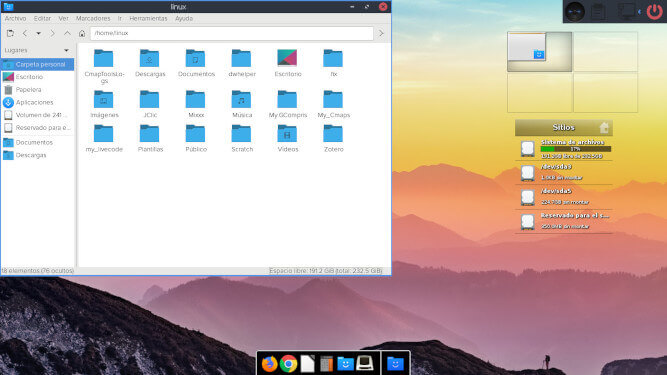
There are also some web browsers, for example, Firefox and Chrome, and a wide selection of educational apps to serve all ages, from kids to young adults, such as TuxMath, WxMaxima, Kalzium, Geogebra, and many more.
Initially, Escuelas Linux was designed for Spanish-speaking schools and educational institutions. Now the OS comes with support for the English language, making it more available around the globe.
2. Debian Edu/Skolelinux
Debian Edu/Skolelinux is a Linux distribution based on Debian Pure Blend, a project for groups of people with specific needs. The main aim of the OS is to provide a ready-to-use localized solution for schools, universities, and other educational institutions.
The built-in environment comes with more than 70 applications for personal use at home and a lot of pre-configured network services. The OS provides simple system administration, and its installation process is not complicated, with the minimal technical knowledge required.
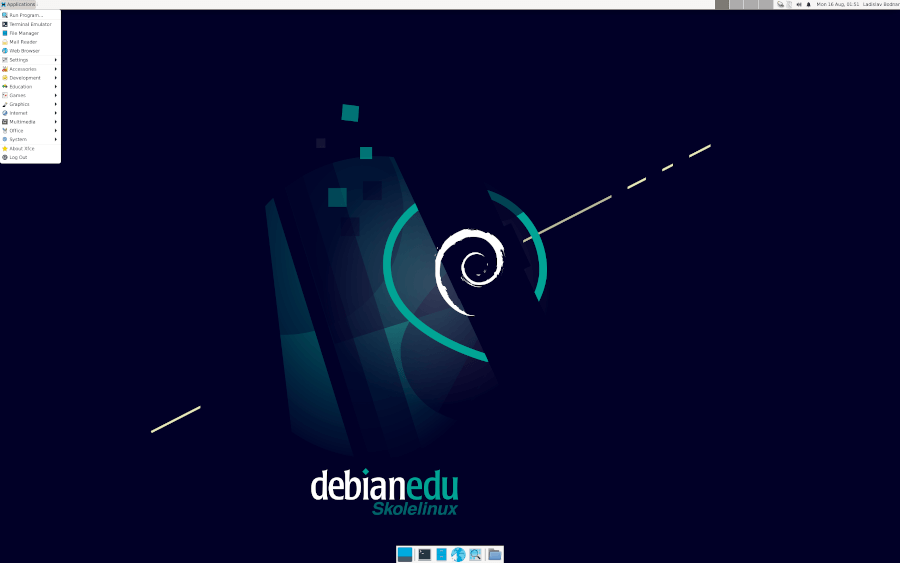
Since Debian Edu/Skolelinux is built on top of Debian, the upgrade and maintenance of the default software can be done with ease, using the apt command-line tool.
3. Linux Schools
Linux Schools, also known as Karoshi Server, is a fully configured operating system that offers a modular-based approach to system administration. That means that you can choose what you need to install from various ready-to-use server modules to create a unique environment based on your preferences.
The OS provides a simple graphical interface making it easier to control your network and features the strengths of Ubuntu LTS. Another advantage is that it requires minimal knowledge of Linux server administration.
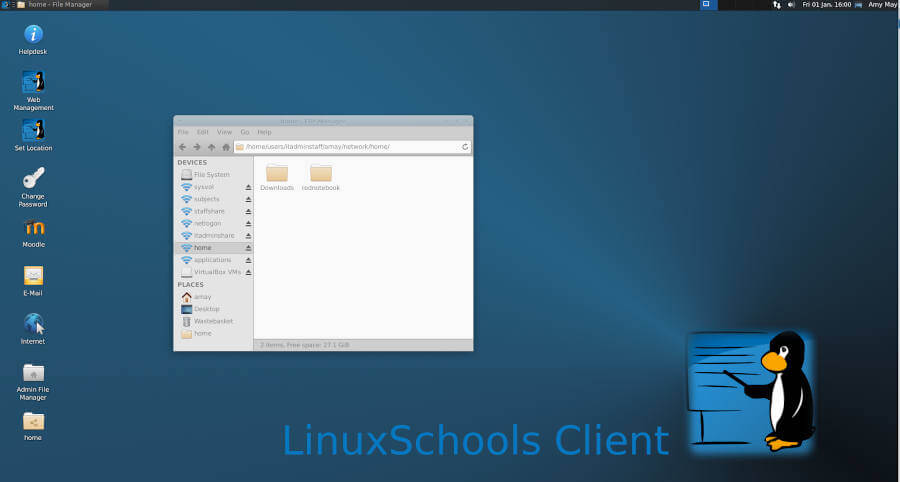
The downloadable source code of Linux Schools is listed on GitLab.
4. Kano OS
If you are looking for an operating system for kids, Kano OS is what deserves your attention. As part of the Kano Computer Kit, a computer that can be made by anyone from ready-to-use components, this OS is based on the Raspberry Pi OS and features the advantages of Debian.
Kano OS is specially designed for children’s educational needs. It’s the right choice for children aged between 6 to 14 years. At the same time, even older kids can find this system useful and learn a lot from it.
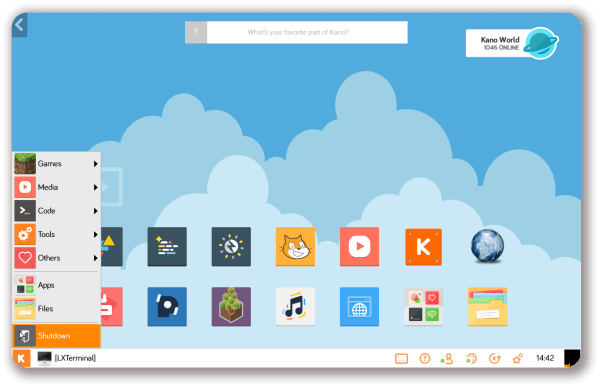
Kano OS has a lot of coding applications and games pre-installed. Kano also offers a parental control feature that makes it possible to manage kids’ application usage.
5. Li-f-e: Linux for Education
The abbreviation “Li-f-e” stands for Linux for education. It’s a Linux OS based on Ubuntu Mate 22.04 and designed for teachers and students at schools and colleges. However, anyone can use this operating system due to its wide choice of out-of-the-box applications and a very user-friendly desktop.
The OS provides plenty of apps for educational use, including Stellarium, GNU PSPP, Geogebra, and many others. For coding and software development purposes, Li-f-e is equipped with Visual Studio Code, PHP, Bluefish, Nginx, MariaD, and other similar apps. Of course, graphics editing tools are also available.
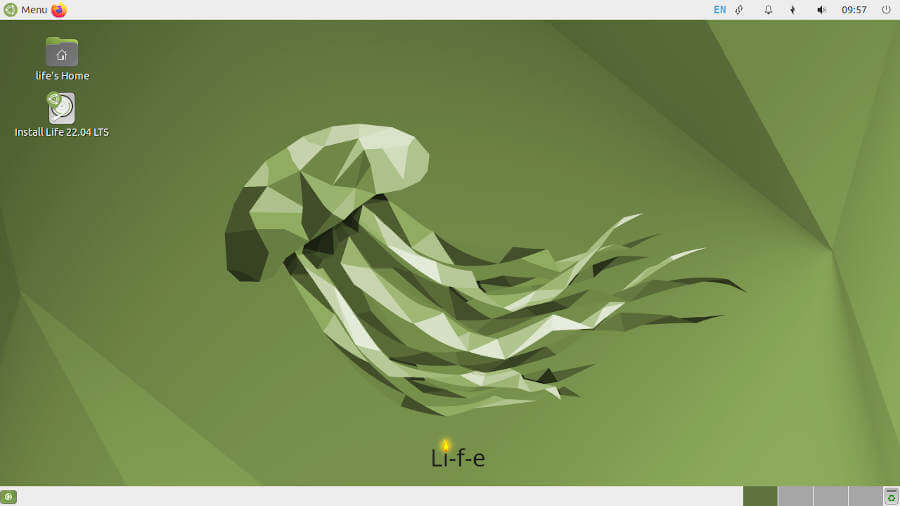
Li-f-e comes with two desktop environments, MATE and GNOME, and has all the required tools to meet the needs of teachers, students, and home users who would like to use a modern operating system.
6. Linkat
Linkat is an educational GNU/Linux distribution that comes from the Autonomous Community of Catalonia, Spain. The OS is designed to promote the use of free and open-source software in educational institutions of the region.
Linkat is based on Ubuntu, and its latest version is built on top of Ubuntu 18.04 LTS. The OS is absolutely free and includes a wide set of default applications: educational software, office suites, web browsers, and multimedia tools. For example, Linkat comes with ONLYOFFICE Desktop Editors as an office package.
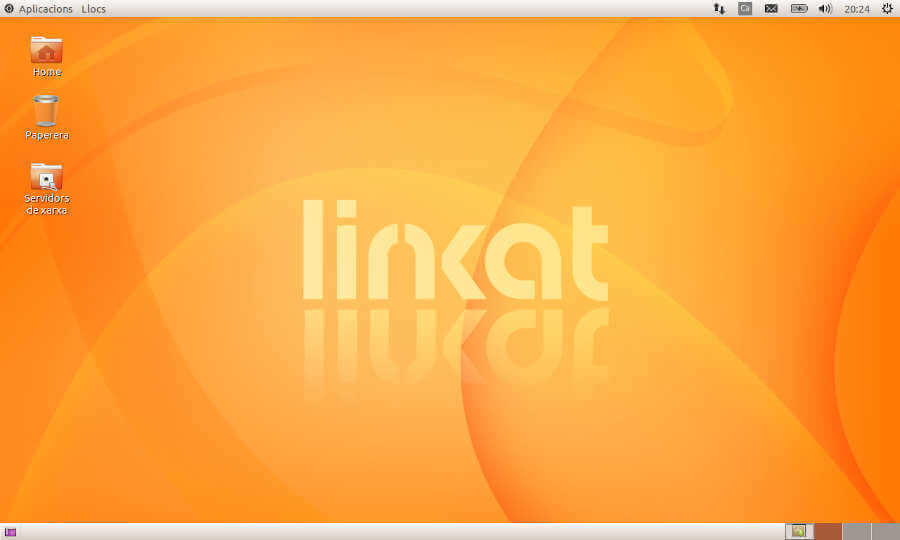
The lightweight version of the OS, Linkat lleugera, is designed for old computers and features the LXDE desktop environment.
Do you know any other educational Linux distros that deserve to be featured in this list? Let us know in the comments section below.

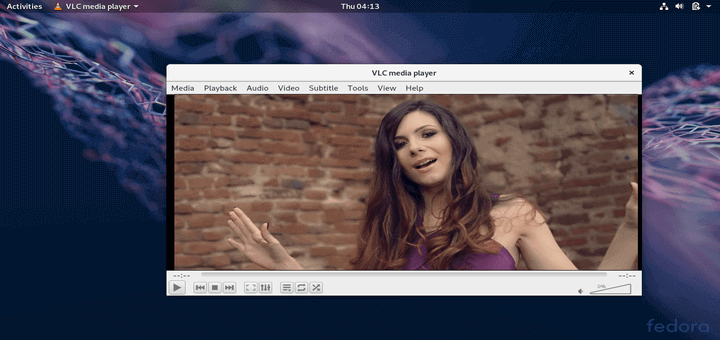
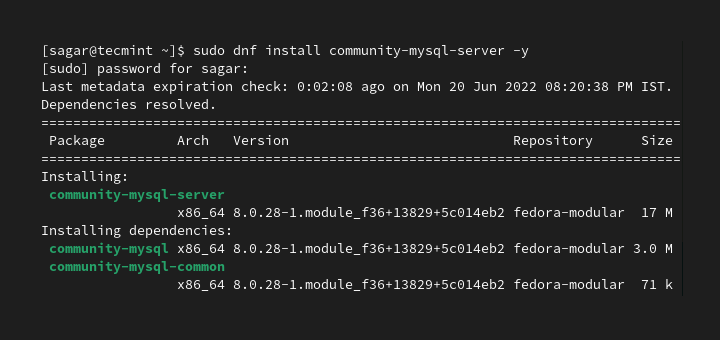
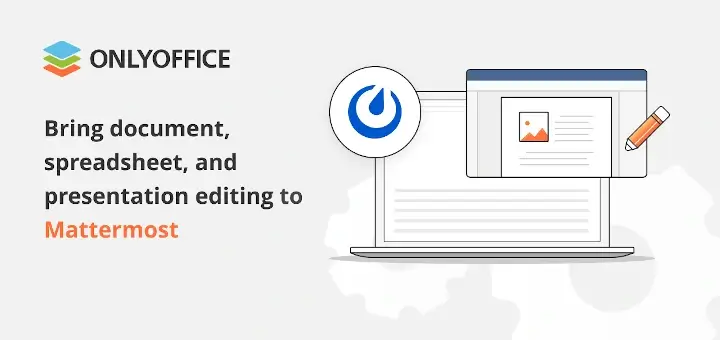
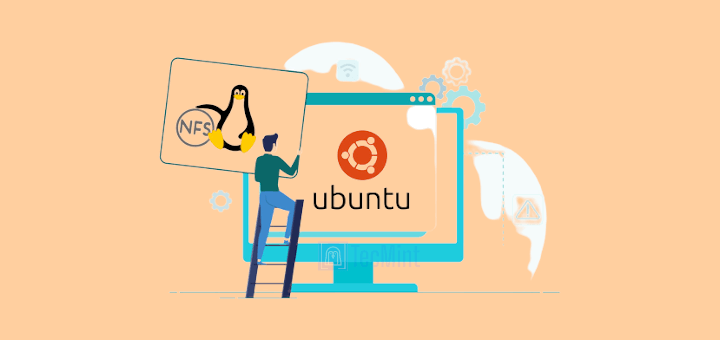
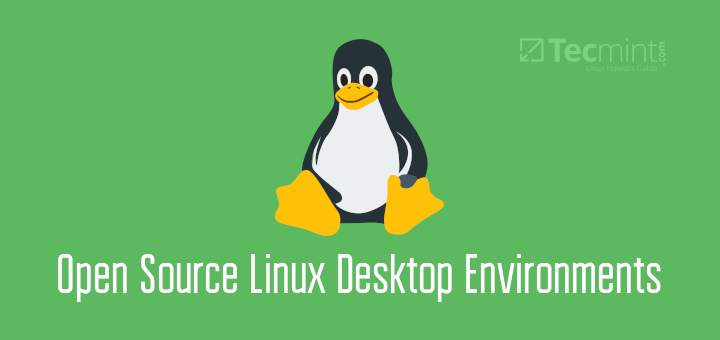

“From the point of view of a regular user, Linux might seem like an operating system that is primarily used by administrators and software developers for professional kinds of uses.”
Only the Window Fanbois and the uninformed think that way. Regular users know that Linux is used as any other operating system, i.e. for productive work.